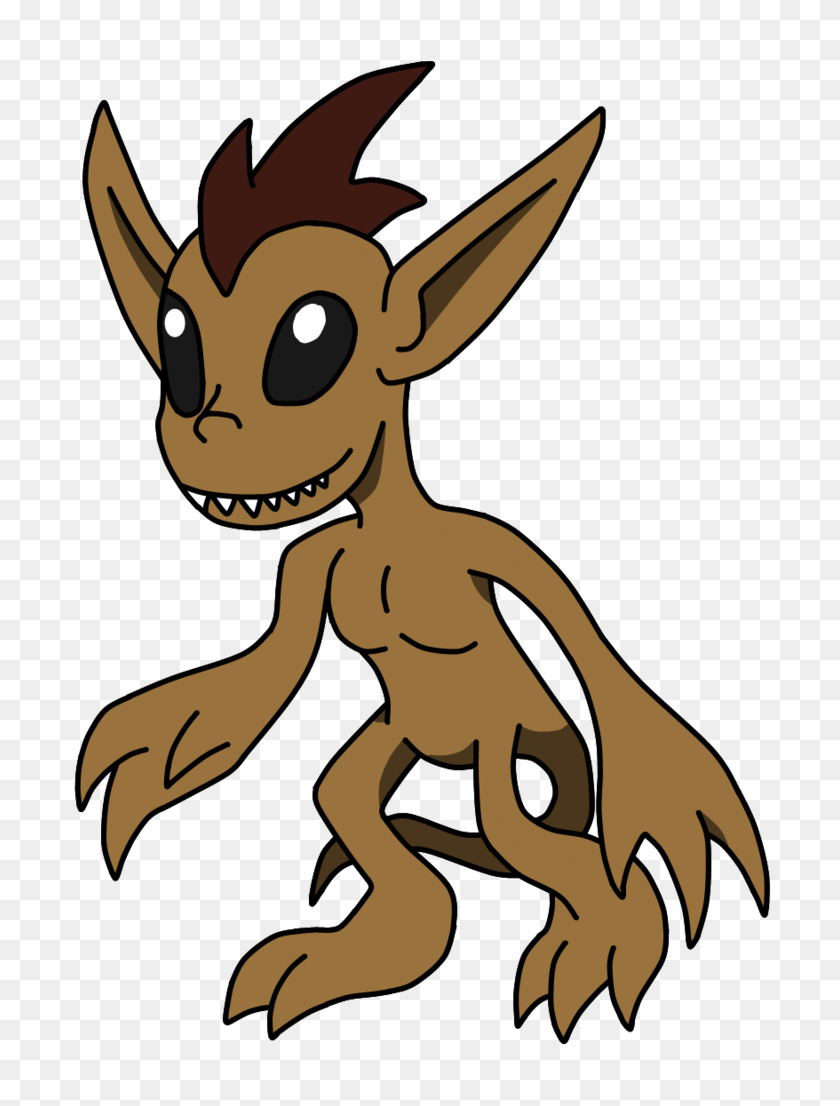

It went through several iterations, and the 2017 version became a free-to-play videogame with painted 40K miniatures on the cards.ĭon't expect Magic: The Gathering. In 1998 Games Workshop released collectible cards with photos of Warhammer miniatures accompanied by stats so you could play a rudimentary Top Trumps kind of game with them. (Image credit: The Phoenix Lighthouse GmbH) While the first two games are divisive and there are plenty of passionate defenders of each, Dawn of War 3 didn't end up appealing to anyone. Almost every level feels like a reintroduction of abilities and tech it expects you to have forgotten, as if the tutorial never ends. In the story campaign you alternate between marines, orks, and eldar one mission at a time, never playing any one group for long enough to get comfortable with them. Elites all have different things they can do and some of your units have an ability or two, but there are long stretches where it feels like you should be using those abilities yet there's nothing for you to do. Dawn of War 3 tries to split the difference, and it's an awkward compromise. If you prefer a handful of units and heroes with their own special abilities to carefully manage, that is Dawn of War 2's whole deal. If you like the kind of RTS where you manufacture a huge amount of troops then drag them together in a glorious blob, the first Dawn of War is for you. Depending on the luck of the draw, in the meantime he might suddenly have three different heavy weapons, somehow pulling them out of nowhere like the Imperium has started issuing bags of holding as standard. Then he'll just forget it exists until you draw another plasma gun card.

Some of them can be briefly equipped, but most of the time each marine can only shoot a plasma gun when he's drawn the card for it. Plus, every character has a deck of cards and the only way to attack is to play one of the weapon cards you've randomly drawn. The levels are tiny, which makes weapon ranges weird-a boltgun is only able to shoot four squares, and I've done vomits with longer reach than that-and when new enemies spawn they're immediately next to you. Space Wolf looks the part, even zooming in on dramatic attacks just like XCOM does, but it doesn't play the part as well. Games that attempt the same have been a mixed bag.
#Outer space gremlin cartoon full#
Space Wolf (2017)Ĥ0K + XCOM is such an obvious idea the Steam Workshop is full of mods for XCOM 2 that combine the two. It's entirely charmless, and not worth setting up the virtual machine you'll need to get it running today. The way they bark "SAPHON / search this area for / AN ARCHIVED RECORD" and "I haven't found / AN ARCHIVED RECORD" at each other will make you long for their death, especially when BETH-OR! shouts his name with the same cadence every time he's selected. The marines are chatty, but their dialogue is stitched together from samples. Everything's stuttery and enemies awkwardly pop into rendered CG when they're close enough for a melee animation. The big problem with Vengeance of the Blood Angels is that it came out when 3D graphics and CD audio were new and experimental and rarely any good. Once you do take command, you lead them by pausing to drop commands on the map, which is less innovative than its 1993 predecessor, which had a realtime/turn-based combo, and less satisfying than having full control over them. It's a first-person shooter where you control a squad, except the first six missions of the campaign don't actually let you. This was the second attempt at adapting the board game Space Hulk, and the worst. Space Hulk: Vengeance of the Blood Angels (1996) In Talisman: The Horus Heresy someone might find a card that gives them +1 to the Resource stat and consider it an exciting turn. In the original board game players got turned into toads on the regular. It's an even more desperate and serious version of Warhammer 40,000, completely at odds with a chaotic beer-and-pretzels game about chucking dice and laughing at your latest misfortune. This videogame reskins it with The Horus Heresy, a prequel setting 10,000 years in 40K's past that's been the basis for a huge amount of novels, some of which are actually quite good. It was fantasy Snakes & Ladders with PvP. Even if the other players didn't drag you down, the luck of the cards and dice would. It was a race-to-the-center board game, half of which you spent finding a talisman to let you access the middle of the board, and the other half not letting someone else steal it from you. Games Workshop released the first version of Talisman: The Magical Quest Game in 1983.


 0 kommentar(er)
0 kommentar(er)
